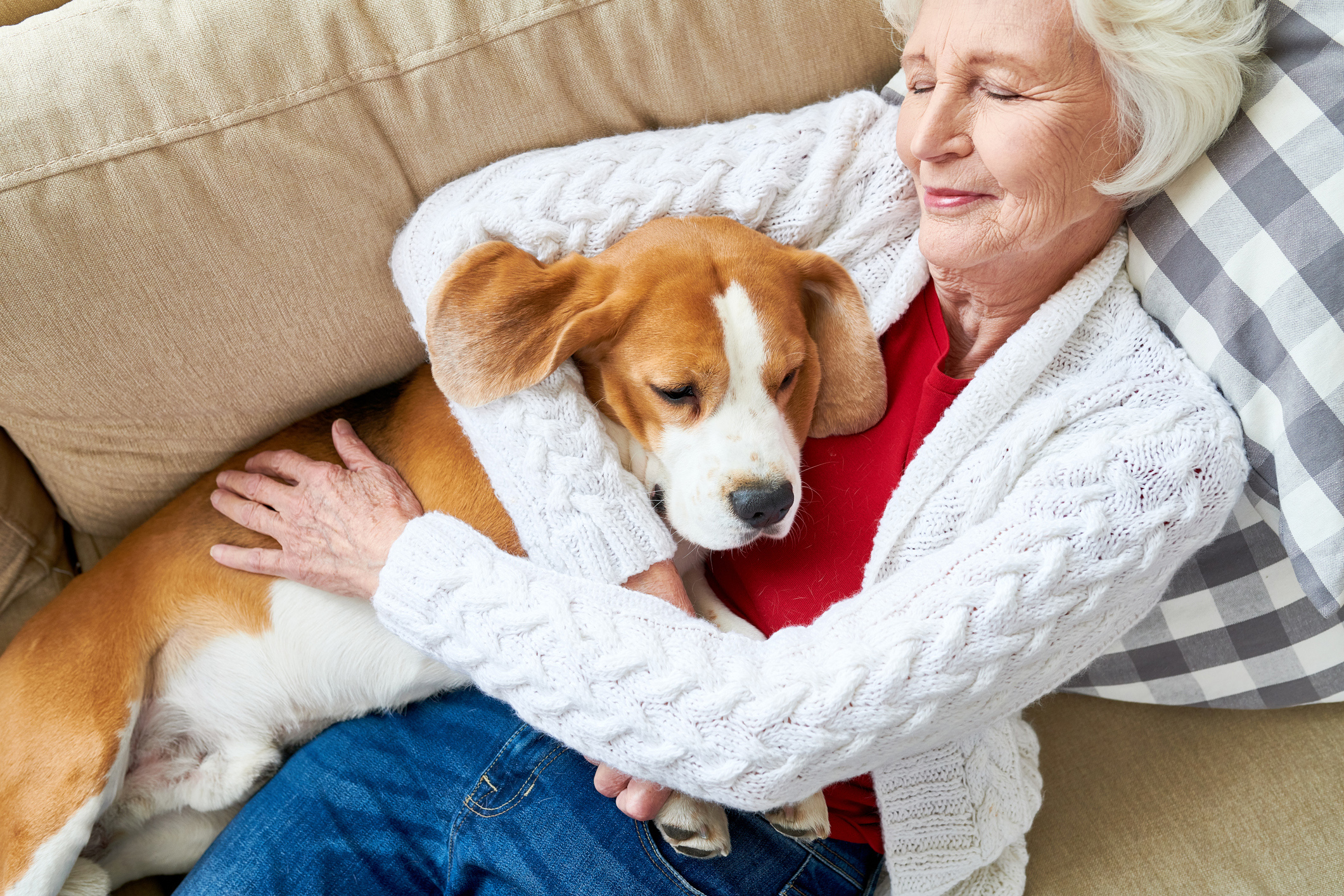There is no shortage of research that advocates the benefits of pet ownership for older adults; pets can help you stay active, lower blood pressure, give seniors a sense of purpose and be a welcome conversation starter. But although it’s not often talked about, there are some drawbacks to pet ownership to consider, especially in older age.
Older adults who are still active may enjoy travel and owning a pet can be difficult if you like to take frequent trips. Pet care services are expensive and frequent changes in routine can upset many cats and dogs. It’s important to factor in the cost of boarding or hiring pet sitters, as well as the ongoing expenses of food, grooming and veterinary care when considering adopting a pet.
Besides the financial cost of pet ownership, there is an emotional toll that having a fur baby can have on older adults. The grief we experience when we lose a long-time pet companion is very real and can take many months to process. Worrying what will happen to their animal if an elderly adult become ill or cannot continue to provide care can also be a burden and add unnecessary stress. And according to a recent Centers for Disease Control and Prevention report, more than 86,000 people go to the emergency room each year as a result of a fall involving their dog or cat. For elderly adults, a fracture frequently leads to a loss of function and independence.
And while pets no doubt give people great joy, companionship and can ease anxiety, one study, out of California State University found a link between elderly people who are too attached to their pets and depression. The study suggests that strong attachment to a pet may be a substitute for human relationships and companionship. If you have a strong connection with a social group, pet ownership isn’t likely to make you more happy. And it’s important to maintain these friendships in older age; your Shih Tzu isn’t going to be any help driving you to a doctor’s appointment.
For many older adults, having a pet, especially a dog that forces you to take daily walks is well worth the hassles, expenses and unavoidable grief. But pet ownership should never replace human relationships and should be entered into carefully in the case of frail, elderly adults who may injure themselves trying to care for a pet or experience anxiety worrying about who will look after their animal should they become unable to continue providing care.
Learn more about the effects of pets on well-being by following this link to research by Harold Herzog from the Western Carolina University.






Add Your Voice
0 Comments
Join the Discussion